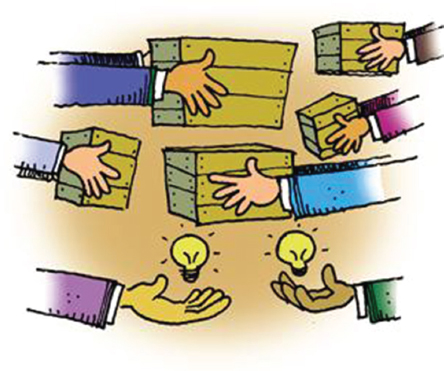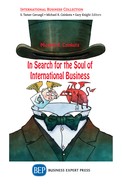
President Trump has announced tariffs against steel and aluminum imports to help domestic industries long suffering from import pressure. Pundits have bemoaned these steps as inappropriate and precursors to a trade war. But one must consider other dimensions in play, which make these announcements useful.
Think of the difficulty with which shifts in policy and diplomatic direction are implemented in Washington. Bureaucrats typically far outlast their current team of policymakers. So, it is often difficult for a well-intentioned appointee to implement change and witness its result.
Trade is only one of the economic components of government, and just one section of many parameters forming policy. New policymakers go through all the same motions as those before them, the initial touching of base, the mutual assurances of collaboration, and the plans to develop a joint vision.
But, little if anything happens. Things just chug along without new outcomes. More time brings new issues, which take priority over earlier pressing concerns. Existing trade structures may become acceptable to many leaders, which makes change even more difficult.
Change of global issues is slow in coming. To speed things up and to get results, there has to be a spotlight. Issues have to affect a number of important countries simultaneously, and lie on the surface of the policy cauldron.
For progress to occur, different issue trade-offs between countries have to be possible. There has to be some “give” in exchange of some “take.” There has to be timing immediacy to move things along and to have government leaders and their bureaucracies address, analyze, understand, and endorse changes. For all this, there needs to be an anvil focus.
The tariffs open the world outlook onto a new direction: they command attention from all trading partners; they require a response instead of the typical speechwriter niceties. New thoughts on the purpose and capability of trade can lead to an active re-analysis of policy steps and agreements.
Much of today’s trade understanding has been in place since the international institutions of Bretton Woods were formed in 1944. Surely, after 74 years, policymakers, firms, their long-range planners, and academics should be able to come up with some helpful innovations.
All this is likely to precipitate shifts, adjustments, and new conditions. There will be new global actions and perhaps even entirely new paths and expectations for both international and domestic business transactions, lifestyles, and relationships.
Maybe there will be more domestic vacations, shorter college times, more white asparagus, and more extended families. We just might wind up with new conditions, which make society more productive and life more pleasant.
If President Trump’s announcements and communications capture the attention of world leaders, they can astutely trigger progress and new approaches. Recognizing that a crisis could happen tends to clear the mind of decision makers.
After all is said and done, the benefit of the tariff announcements lies in the attention and understanding, which trigger new processes and precipitate change. If that occurs, then the threat of tariffs is a useful means to an end. Strong admonishment with flexible rescission can make all boats rise.
